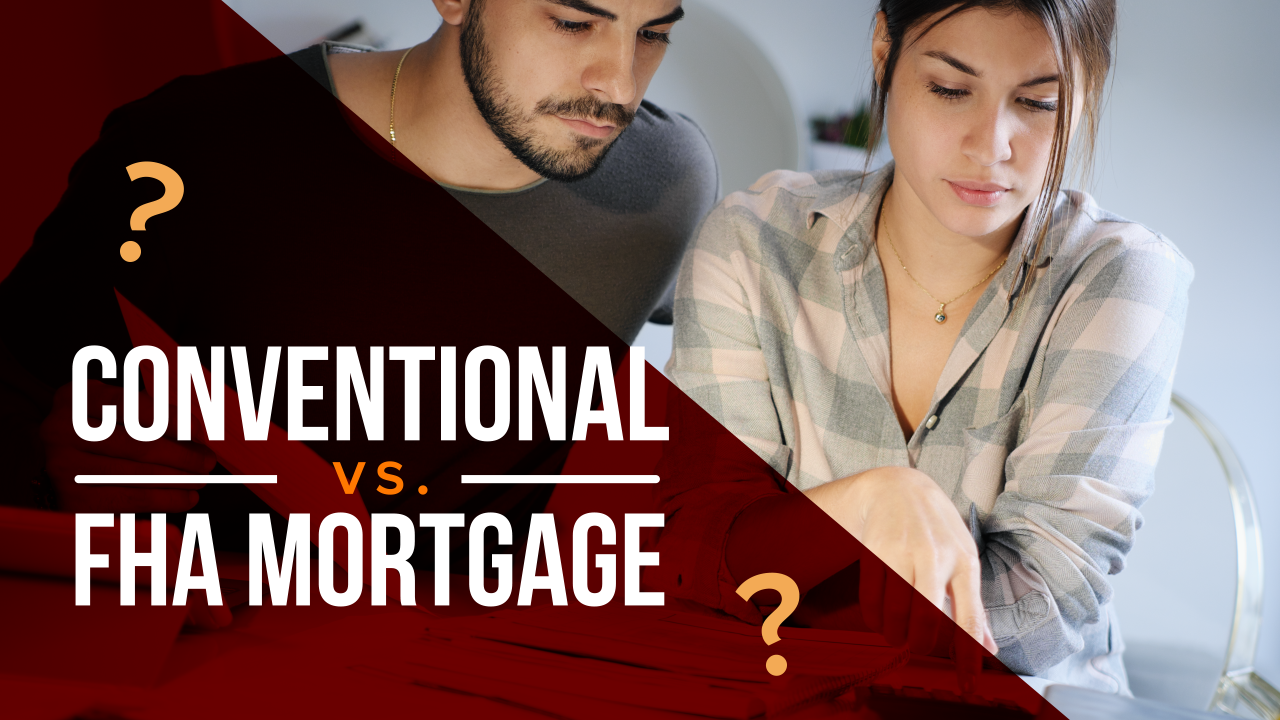
Conventional Versus FHA Mortgage. What is best for you?
10-09-2019About MortgagesEddie KnoellIn this episode, we discuss the advantages of FHA versus conventional loans and which might be right for you. We hear a lot about how people don’t want FHA loans because of mortgage insurance and we also get people calling concerned about FHA loans because of the appraisals. This is more of an old school issue that used to exist. Today, the FHA appraisals should be very standard, just like conventional.
When doing an appraisal, they’re looking for health and safety issues. Now, peeling paint is one of those issues that we probably see a little bit more of with FHA, but if your house has paint peeling off of it a conventional loan appraiser may say they want it painted as it might mold, leading to a deterioration of the wood.
Now for a more in-depth overview of this, we built out a webpage that covers conventional versus FHA loans. But in general, if you have good credit and a lack of credit events, conventional is going to be the way to go. The three big reasons why conventional is better is that right off the bat there is a lower monthly payment, the mortgage insurance will drop after that loan to value is at or about 80%, and your loan amount is not increased by the amount of the upfront mortgage insurance premium like it is on the FHA.
However, if you have a lower credit score, say in the 600s, FHA loans will likely be a better fit. FHA has a three and a half percent minimum down and there will be an upfront mortgage insurance required. If you put less than 10% down, the mortgage insurance is going to be on the loan forever, but if you do put more than 10% down then it’s eligible to be removed after 11 years, which is still a long time given that the average person refinances after or within seven years.
What you’ll notice looking at the worksheet on our comparison page is that the interest rate on an FHA is similar whether you have great credit or not. In general, FHA loans are not as sensitive to low credit as conventional loans. In one part this is because the FHA loans are built with upfront mortgage insurance to keep interest rates low, but also, conventional financing has private mortgage insurance, whereas FHA has government insurance through HUD. In general, the government is going to have a higher tolerance for risk than the private sector. So, in most cases, when dealing with credit scores of 660 or below, or you have a lot of credit events, FHA is the way to go.
If you have any questions about this or if you have any questions you’d like us to answer on our podcast, you can email your questions to team@azmortgagebrothers.com or give us a call at (602) 535-2171. Be sure to ask us for a free quote on your next mortgage. We’ll personally work with you and help you through the whole process.
•••
Thanks for listening and reading the Mortgage Brothers Show. Let us know if you have any questions you’d like us to answer on this podcast. You can email your questions to Tom@AZMortgageBrothers.com or Eddie@AZMortgageBrothers.com.
Be sure to ask us for a free quote on your next mortgage. We’ll personally work with you and help you through the whole process.
Signature Home Loans LLC does not provide tax, legal, or accounting advice. This material has been prepared for informational purposes only. You should consult your own tax, legal, and accounting advisors before engaging in any transaction. Signature Home Loans NMLS 1007154, NMLS #210917 and 1618695. Equal housing lender.
BACK TO LIST